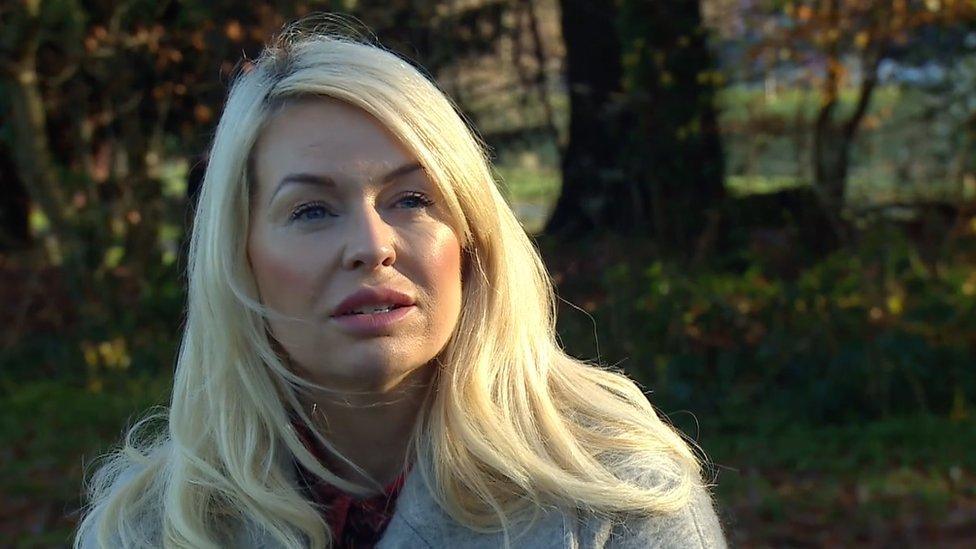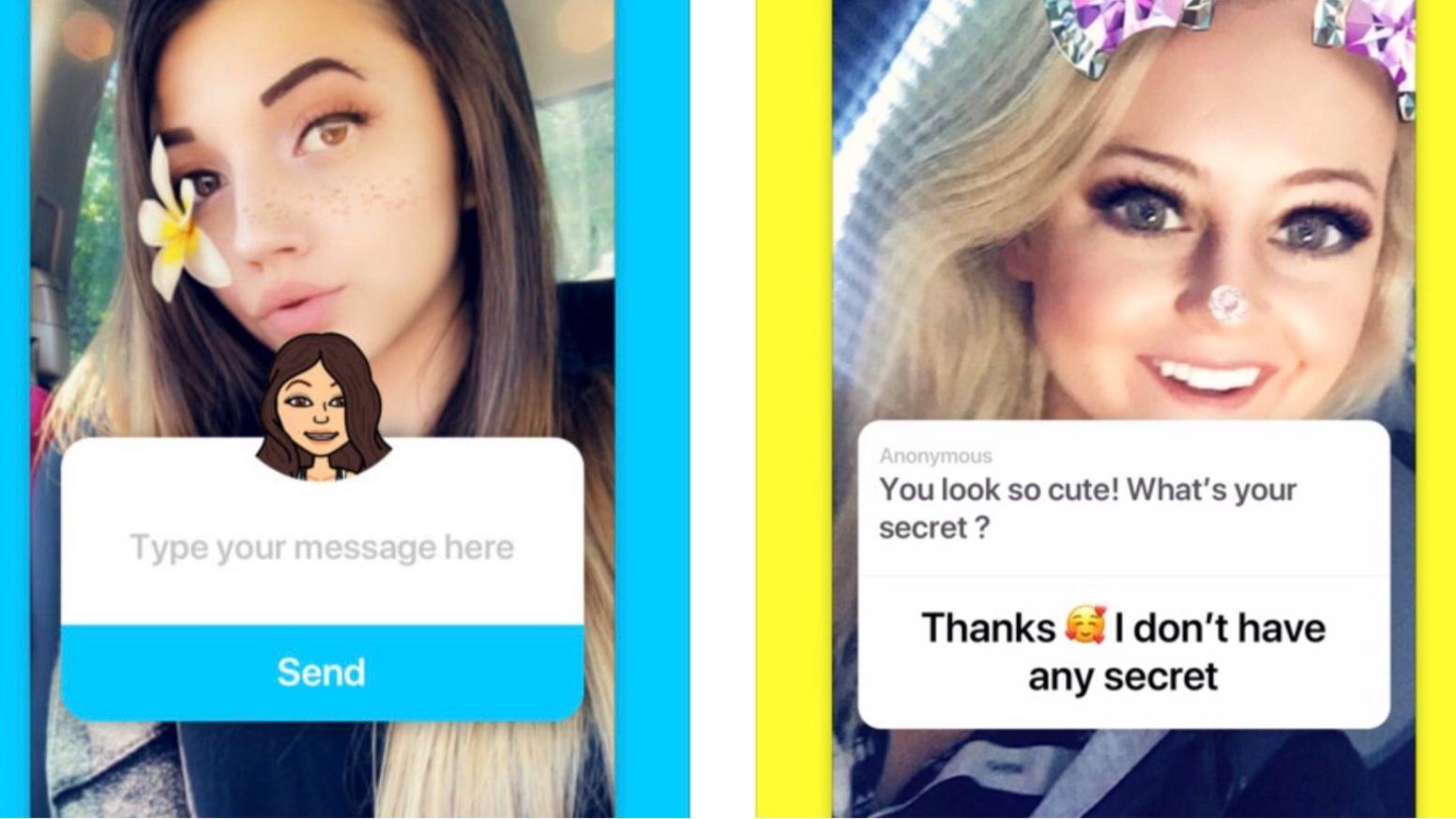Snapchat: Young people targeted in Crimestoppers safety campaign
- Published
'Kids need to understand the harshness of reality', says Tatum Price
A mother who lost her 13-year-old son to drugs he bought off Snapchat has welcomed a new safety campaign on the social media app.
Carson Price, of Hengoed, Caerphilly county, bought high-strength ecstasy for a few pounds in April last year.
He died in hospital after being found "in and out of consciousness, pale and shaking" in a park.
His mother, Tatum, said the new "Fearless" campaign was a "positive" move but more still needed to be done.
The video adverts are based on real stories reported to Crimestoppers, around drug use, exploitation and "county lines" drugs gangs.
They also make it clear how concerns about illegal activity can be reported anonymously to Crimestoppers.
"I think going through social media will target kids better as they're addicted to their phones," Tatum Price said.
"If adverts are on TV or a billboard, I don't think they'd take notice - they're just gonna walk past."
But she said more would need to be done on the app to keep children safe.

Snapchat has a predominantly young audience
Since the coronavirus pandemic outbreak in March, Crimestoppers Wales has engaged with 60,000 young people through Snapchat alone.
Last year, it reached 32,000 children on a face-to-face basis in schools and youth groups.
Ella Rabaiotti, the national manager for Crimestoppers in Wales, said the adverts on the app have seen more people come forward.
"What we find is when we put those messages out on Snapchat, we will then see an increase in reports to us," she said.
"So it's about reminding them that if they have information and they are fearful or worried about coming forward, they can use our anonymous service."

Tatum Price believes anonymous reporting will help more young people come forward
Anonymity is something welcomed by Ms Price.
She added: "I think probably the majority of Carson's friends if they knew they could report something anonymously then I think they would.
"They know how Carson's death has affected them, along with the community."
What does Snapchat say?
Snapchat has 250 million daily users and its internal figures suggest it is reaching more than 90% of the "Generation Z" population in the US, aged 13 to 24, and more than 60% of 13-34-year olds in the UK, France, Canada and Australia.
One of its main features is pictures and messages usually being available for a short time before they become inaccessible to their recipients.
It said in a statement: "Our guidelines prohibit anyone from using Snapchat to buy or sell illegal drugs.
"We encourage anyone who sees illegal content to use our in-app reporting tools to report it quickly and confidentially.
"We will continue to invest in ways to further improve our response to this activity."
'Helping young people during pandemic'
Another service which supports young adults in Wales has also turned digital due to the pandemic.
Vibe Youth based in Swansea has been supporting those who may be hard to reach or at risk of social isolation.
One of its creators, Karen Carswell, said: "Young people are particularly suffering at the moment, they're at the risk of isolation, and we've tried our best to be there for them through the lockdown."
Fellow creator Jake Henry said digital has been an important area to focus on.
"I think if we weren't doing what we're doing online and Crimestoppers doing their work too, then you'd have a lot more exploitation and more young people being coerced into doing things which aren't necessarily healthy for them," he said.
"It can lead them down a path where criminal justice is involved, so I think it's important even though we're in the middle of a pandemic that we're still there for young people."
- Published21 October 2020

- Published17 April 2020

- Published9 May 2019
